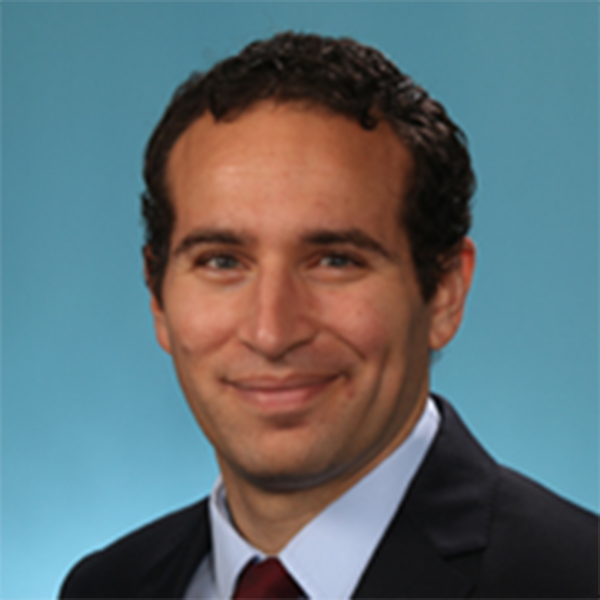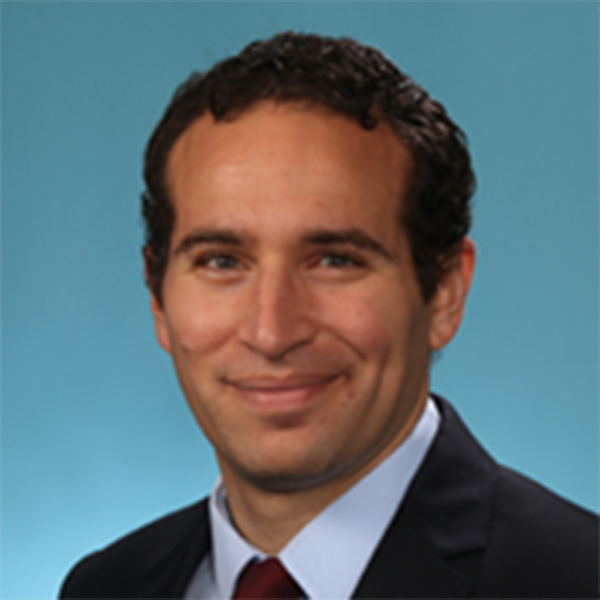Incorporating Financial Education Into Cardiology Training

Financial and health systems education has long struggled for adequate representation in medical school and post-graduate curricula. Realizing a gap existed in my own education, I approached William Peck, MD, as a fourth-year medical student hoping to improve my understanding. Peck, who had recently helped two colleagues write The Health Care Handbook, understood the issue all too well. He helped Daniel Moon, MD, and I design a two-week case-based course for fourth-year medical students (including myself) to explore the market forces, business structures and health policy that impact physicians and their patients in the health care industry.
As we prepare for our ninth year of the course, we have a few observations regarding medical education around the financial aspects of health care:
- There have been notable disparities among our students with respect to their understanding of health care financing. Most students know a little, but only have cursory knowledge about how patient care is paid for. While the potential for a highly intelligent cohort of students to understand these issues is high, the reality is that most try to teach themselves while training or attending.
- Only a select few understand the financial aspects of practice management. Despite spending years in large clinical organizations, most do not understand how their clinical entity sustains itself and its patient care. Even fewer understand the nuts and bolts of how independent practices maintain their services and survive.
- Many students have limited understanding about personal finances. We have a personal finance "basics" session discussing personal banking, budgeting and credit. While some students find it redundant, several discreetly profess they need this primer.
- Every year, attendings ask to audit the course. They note their own lack of training in these areas.
The deficit in our medical education is alarming, but these are just our observations at the medical school level. Within cardiology, there are specific economic, business and health policy considerations that will impact Fellows in Training (FITs) as they matriculate into practice. Educating ourselves and collaborating to advance our collective priorities requires time and effort outside of the clinic. Fortunately, the ACC has created opportunities for us with this in mind. For example, this past fall, the ACC hosted webinars given by faculty touching on investment, retirement savings and contract negotiations.
I would ask all FITs to examine what they do to educate themselves on financial topics – both for their personal finances and for cardiology at large. We all stand to gain from a broader understanding of the financial forces in our personal and professional lives.
I am curious to hear others' thoughts on these topics. Please join the conversation on Member Hub, where we will be discussing the following questions:
- When in training do you feel is the best time to approach these topics?
- How do you feel these topics would be best presented to you during training?

This article was authored by Josh Saef, MD, a fellow at the University of Pennsylvania. Twitter: @jsaef1
This content was developed independently from the content developed for ACC.org. This content was not reviewed by the American College of Cardiology (ACC) for medical accuracy and the content is provided on an "as is" basis. Inclusion on ACC.org does not constitute a guarantee or endorsement by the ACC and ACC makes no warranty that the content is accurate, complete or error-free. The content is not a substitute for personalized medical advice and is not intended to be used as the sole basis for making individualized medical or health-related decisions. Statements or opinions expressed in this content reflect the views of the authors and do not reflect the official policy of ACC.

